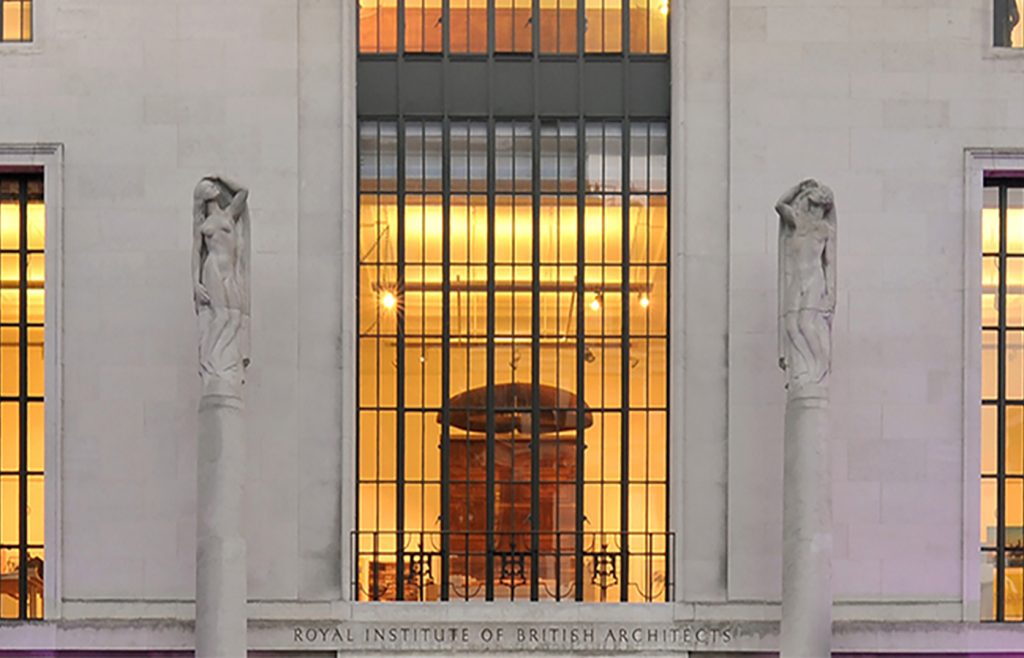
The Royal Institute of British Architects (RIBA) has published its latest Future Trends survey results, a monthly report of the business and employment trends affecting the architects’ profession.
In March, the RIBA Future Trends Workload Index fell by four points to a balance figure of +19.
30% of practices said they expect workloads to increase in the coming three months, whilst 59% expect them to remain the same and 11% anticipate a decrease. Larger practices remain the most optimistic.
Private housing remains the most positive sector, followed by commercial, although both sectors saw a slight weakening of confidence; as did the community sector, which slipped back into negative territory.
While all regions remain positive about future workloads, some appear less confident, with London-based practices seeing the largest confidence drop, falling by 18 points, followed by the North of England, falling by 13 points to +18.
All other regions saw a rise: Wales & the West posted a balance score of +24, up 2 points; the South of England rose by a point to +15; and the Midlands & East Anglia (the least optimistic region over the last few months) returned a two-point figure increase to +5.
Overall, workloads are up by 4% compared to this time last year and permanent staff levels have increased by 2%.
Practices of all sizes remained positive. Small practices (1-10 staff) posted a positive balance figure of +16, down two points from +18, while large and medium-sized practices (11+ staff) returned a combined balance score of +36.
In terms of staffing:
- The Permanent Staffing Index remained positive, but fell slightly by 2 points to +9.
- 16% of practices expect to employ more permanent staff over the coming three months, 7% expect to employ fewer and 78% expect levels to stay the same.
- Medium and large-size practices (11+ staff) continue to be the drivers of staff levels increases, returning a combined balance figure of +42, while smaller practices also remain positive at +3.
- All regions anticipate rising permanent staffing levels, with London and Wales & The West returning the highest Staffing Index of +11.
- The Temporary Staffing Index fell again slightly by 3 points to +3, while personal underemployment stayed constant, with 11% reporting being personally underemployed.
RIBA Head of Economic Research and Analysis, Adrian Malleson, said: “March saw a slight fall in optimism, aligning with a national economic picture of slowing growth, rapidly rising inflation and the backdrop of an ongoing war in Ukraine. But, overall, architects remain positive about future workloads and are seeking to employ more staff.
“Commentary received shows that cost pressures on architects, clients, contractors, and product manufacturers show no signs of easing. Rising energy and commodity prices, along with global supply chain disruption, have led to the price of building materials rising by around 20% over the last year.
“While most practices (57%) have not experienced any projects being put on hold or abandoned, over a quarter (26%) report having had at least one project put on hold in the design stages, and 17% report one or more projects being abandoned over the last three months. 19% said at least one project has been put on hold in the construction stages, while 3% have experienced abandoned schemes. Reports of stalled or abandoned projects arise mostly from smaller practices, which suggests they are likely domestic. Are clients thinking twice before embarking on home renovations amid a growing cost of living crisis? We can expect this to be reflected in surveys over the coming months.”





